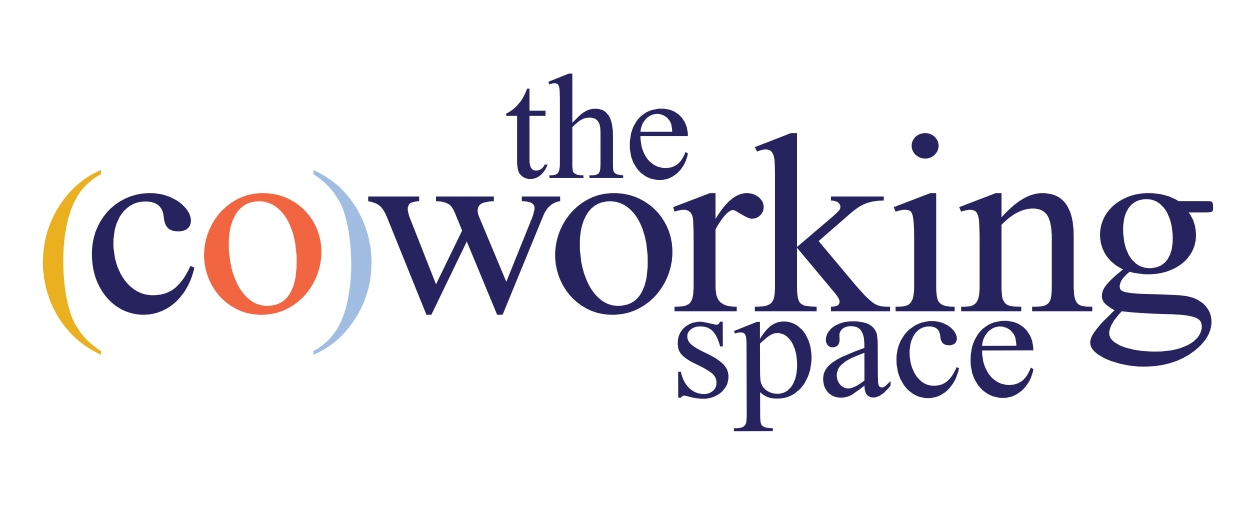Top 5: Types of Professionals Who Benefit from Coworking

In 2019, nearly 2.2 million people were working in over 22,000 coworking spaces worldwide, estimated Desk Mag. As one might assume, the coworking industry hit a bit of a snag in the time since.
Despite the pandemic’s effect on in-office work, coworking spaces continue to evolve for the better. This is because one thing has not changed: Coworking exists to foster professional communities. Coworking can be effective for anyone who wants to join a community of professionals, but there are types of workers who seem to benefit most from joining a shared office community.
Graphic Designers
Some professionals that stand to benefit most from coworking are individuals who work as graphic designers, interior designers, photo editors, and/or art directors. A large percentage of a designer’s work happens in solitude. However, a designer’s position is collaborative by nature much like an artist in a studio full of peers.
“A lot of the work is individual. But being creative, it is nice to draw inspiration from other people, especially if they’re doing similar work,” said Courtney Bott, a graphic designer with StriVectin. “I mean there’s not much inspiration to draw just sitting in my room at home.”
Also, creative individuals like designers might be comforted by 71% of respondents who said creativity increased since joining a coworking community, according to qualitative research by Desk Mag.
Developers
Professionals who also stand to benefit from coworking are those who work as website developers, software creators, computer programmers, and/or app developers.
Much like designers, these people often create in solitude. However, they require collaborative environments in which to test their creations. Coworking spaces can represent a wide range of people—oftentimes a small but great sample size in which to conduct research.
What’s more, professionals of this type must surround themselves with likeminded people in order to consistently innovate. If a self-proclaimed “techie” simply locks him or herself in their room, they might be able to code all hours of the day. However, they may miss new innovations or trends which often shape the everchanging technology industry.
Marketing Professionals
Types of marketing professionals that stand to benefit from coworking are individuals who work as marketing consultants, event planners, project managers, copywriters, or social media coordinators.
Marketing 101 is all about audience measurement. No matter what the industry, company, or person embarking on the marketing endeavor, they must evaluate the types of people that would be most receptive. In the same way that developers need a great sample size to test products on, marketers can do the same. These professionals can use a coworking space to test their marketing objectives. Oftentimes, coworking communities can offer great insight because they are usually very receptive to collaborating and unbiased because they likely work for an unrelated organization.
For example, “Industrious is very good at building a community of people who are all working towards big goals and are all really excited about what they do,” notes Susie Eddins, the operations manager of Birch River Design Group, a digital marketing agency. “Industrious holds events so that you can get to know — and be inspired by — your fellow members.”
Non-Profit Owners & Managers
Many non-profit organizations and their employees live in coworking spaces specifically because it can keep costs as low as possible. Non-profits must put as much effort as possible into keeping a low overhead while also stimulating public knowledge of their cause. There’s no better place to get this done than a coworking environment.
What’s more, non-profit owners often have need for meeting space and event space. Coworking spaces and shared offices usually have an abundance of such space as well as a captive audience to put on the potential guest list.
Small Groups: Family, Friend, or Team
Any small group of people who can work together will benefit from coworking. The most obvious example is the small team or startup company. Maybe not everyone needs to be in one place at one time but having a definitive spot to get work done is often necessary.
Families can benefit from this situation as well. In any one household there can be a remote working mom, freelancing father, online student, and more. Sharing a coworking membership can allow one or more of these people to get out of the house and leave the remainder of that family’s professionals to work in silence.
Whether it’s a group of freelancers, digital nomads, a small business, solo entrepreneurs, or simply just a group of friends—joining a coworking community can stimulate creativity, sense of engagement, and increase productivity.


very nice observation i must say that. your research is very nice and perfect, thanks for sharing it here with us here which help us targeting perfect audience.